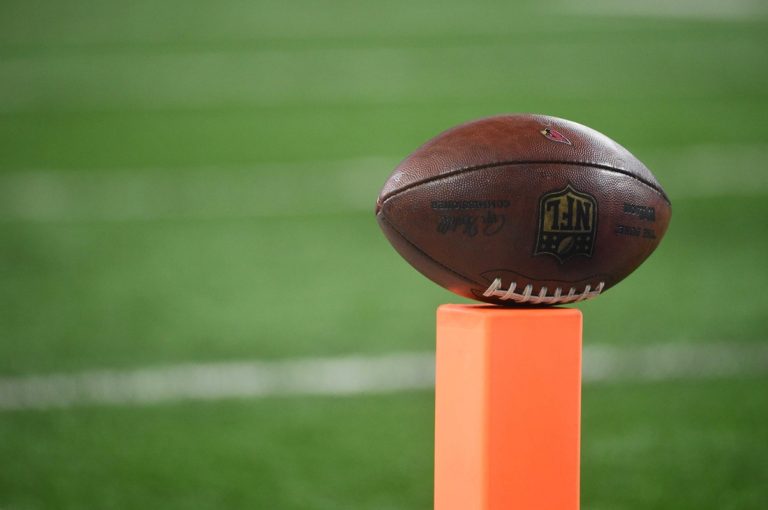In today’s interconnected world, the allure of unregulated betting markets is stronger than ever before. With the rise of online platforms and the advent of cryptocurrencies, individuals have unprecedented access to a plethora of betting opportunities, promising high returns and adrenaline-fueled excitement. However, amidst the allure of potential winnings, it’s crucial to pause and consider the legal risks associated with participating in these unregulated markets. Unregulated betting markets, often facilitated by online platforms and decentralized technologies, operate outside the purview of traditional regulatory bodies. In this comprehensive article, we delve deep into the intricate legal landscape surrounding unregulated betting, offering insights and advice to help individuals make informed decisions while safeguarding themselves from potential legal pitfalls.
1. The Appeal of Unregulated Betting Markets
Unregulated betting markets hold a magnetic appeal for participants, offering higher odds, anonymity, and greater flexibility in wagering compared to their regulated counterparts. These platforms operate outside the confines of traditional regulatory frameworks, enabling a wide array of betting options and minimal oversight, which can be enticing for individuals seeking more freedom and autonomy in their gambling activities.
2. Lack of Legal Protections
One of the most glaring risks associated with unregulated betting markets is the absence of legal protections for participants. Unlike regulated markets, where laws and regulations are in place to safeguard the interests of bettors, unregulated platforms operate in a legal gray area, leaving participants vulnerable to fraud, manipulation, and other illicit activities. Without adequate legal protections, participants may find themselves at the mercy of unscrupulous operators, with little recourse in the event of disputes or fraudulent behavior.
3. Jurisdictional Challenges
Navigating the legal landscape of unregulated betting markets presents significant challenges due to jurisdictional complexities. With participants and operators often spanning multiple countries and legal jurisdictions, determining which laws apply and who has jurisdiction can be a daunting task. This ambiguity creates fertile ground for legal disputes and regulatory arbitrage, further complicating the regulatory landscape and leaving participants in a state of uncertainty regarding the legality of their actions.
4. Money Laundering and Financial Crimes
Unregulated betting markets are ripe breeding grounds for money laundering and other financial crimes. The anonymity afforded by these platforms makes it difficult for authorities to track and monitor financial transactions, creating opportunities for criminals to launder illicit proceeds or engage in other illegal financial activities. Without robust anti-money laundering measures and regulatory oversight, unregulated betting markets become susceptible to exploitation by nefarious actors seeking to exploit vulnerabilities in the system for personal gain.
5. Consumer Protection Concerns
In regulated betting markets, consumer protection measures are in place to ensure fairness, transparency, and responsible gambling. However, in unregulated markets, these protections are often sorely lacking, exposing participants to a myriad of risks such as rigged games, unfair practices, and inadequate dispute resolution mechanisms. Without proper safeguards in place, participants are left vulnerable to exploitation by unscrupulous operators, with little recourse for seeking redress in the event of malfeasance or wrongdoing.

6. Legal Liability for Participants
Participating in unregulated betting markets can expose individuals to significant legal liabilities, particularly if they unwittingly engage in illegal activities or support illicit operations. Ignorance of the law is not a defense, and individuals may find themselves facing fines, penalties, or even criminal charges for their involvement in unregulated betting activities. The lack of legal clarity and regulatory oversight in unregulated markets makes it imperative for participants to exercise caution and due diligence to avoid inadvertently running afoul of the law.
7. Intellectual Property Infringement
Unregulated betting markets often operate without proper licensing or authorization, leading to widespread intellectual property infringement. Unauthorized use of trademarks, logos, and copyrighted material not only violates intellectual property laws but also undermines the integrity of legitimate betting operators. The proliferation of counterfeit and unauthorized betting platforms not only erodes consumer trust but also poses significant challenges for intellectual property rights holders seeking to protect their assets and brand reputation in an increasingly digital world.
8. Regulatory Crackdowns and Enforcement Actions
As awareness of the risks associated with unregulated betting markets grows, regulatory authorities around the world are increasingly cracking down on illegal gambling operations. Enforcement actions, including raids, arrests, and asset seizures, serve as deterrents to operators and participants alike, sending a clear message that illicit gambling activities will not be tolerated. However, regulatory crackdowns alone are not enough to stem the tide of unregulated gambling, underscoring the need for coordinated efforts between law enforcement agencies, regulatory bodies, and other stakeholders to address the root causes of illegal gambling and protect consumers from harm.
9. Impact on Society and Communities
The proliferation of unregulated betting markets can have far-reaching social and economic consequences for society and communities. Problem gambling, addiction, and financial hardship are just some of the negative outcomes associated with unchecked gambling activities, highlighting the importance of responsible regulation and oversight. The societal costs of unregulated gambling, including increased crime rates, strained social services, and decreased productivity, underscore the need for concerted efforts to curb illicit gambling activities and promote responsible gambling practices.
10. Seeking Legal Advice and Due Diligence
Given the complex legal landscape surrounding unregulated betting markets, individuals considering participation should seek legal advice and conduct thorough due diligence before engaging in any betting activities. Understanding the applicable laws, risks, and potential consequences is essential for making informed decisions and protecting oneself from legal liabilities. By consulting with legal experts and conducting proper due diligence, individuals can mitigate the legal risks associated with unregulated betting markets and safeguard their interests in an increasingly complex and dynamic regulatory environment.
While the allure of unregulated betting markets may be enticing, the legal risks associated with participation cannot be overlooked. From jurisdictional challenges to consumer protection concerns, navigating the legal landscape requires careful consideration and due diligence. By understanding the risks and seeking legal guidance, individuals can make informed choices and mitigate the potential legal consequences of engaging in unregulated betting activities. Ultimately, responsible gambling practices and adherence to applicable laws and regulations are essential for protecting both participants and the integrity of the gambling industry as a whole.







